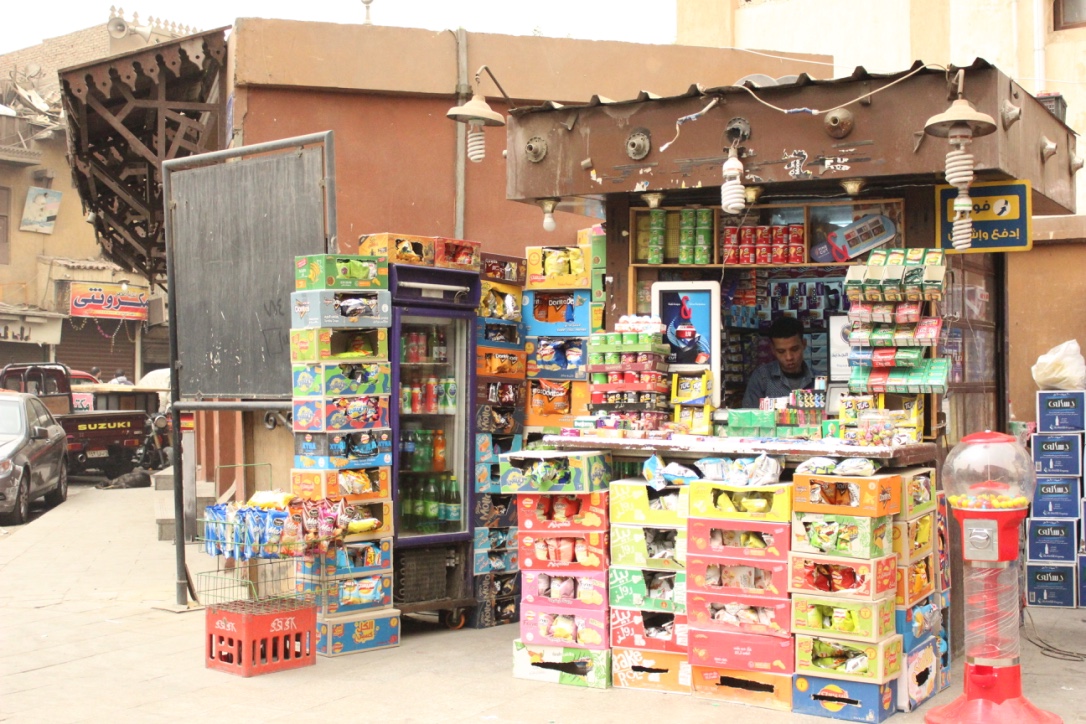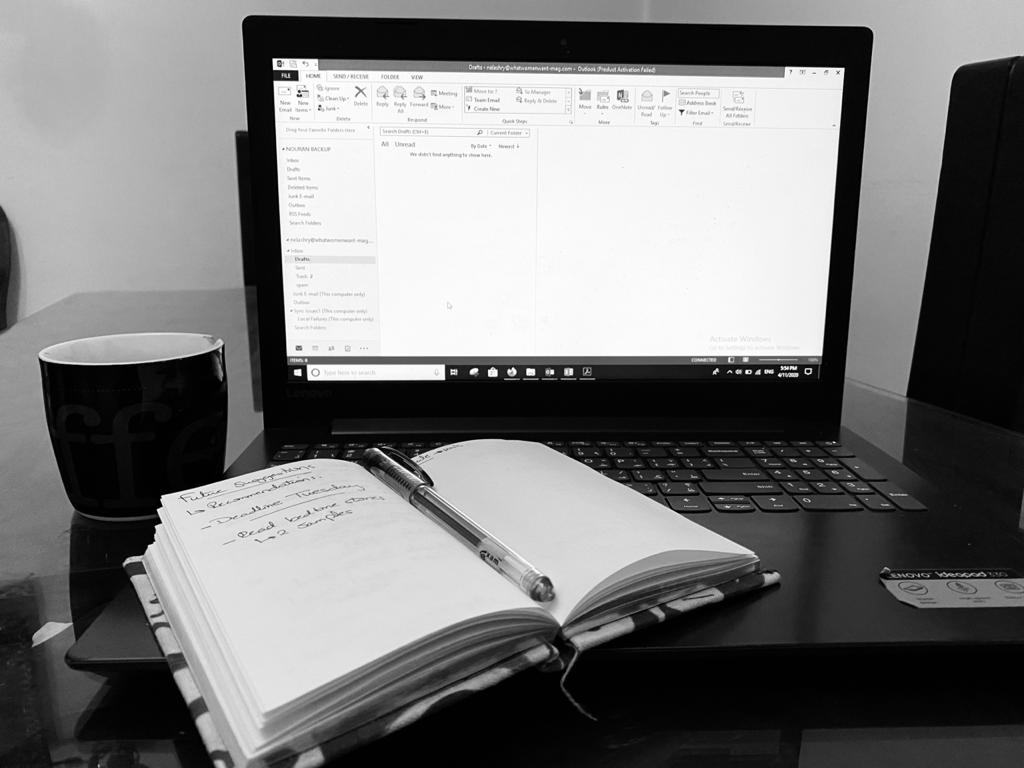IMF Loan Scrutinized as Egypt Receives $2bn Installment
By: Nada Darwish
Follow @nadadarwish_
Nearly a year after Egypt received a $12 billion loan from the International Monetary Fund (IMF), economic specialists remain divided over whether the decision has yielded positive effects for the country.
Six years earlier, the ousting of President Hosni Mubarak left Egypt’s economic state in a dire condition, with pronounced effects on the tourism industry.
As the most vital sector in the economy, incoming tourism declined because of fears over the lack of security.
Foreign remittances also declined because of falling oil prices, compounded by diminished revenues from the Suez Canal as a result of global trade deterioration.
This led to the government requesting a $12 billion loan from the IMF last November in an attempt to revitalize the economy.
The structural adjustment policies included austerity measures such as floating the Egyptian Pound and cutting government subsidies.
“The government has so far shown a considerable ability to impose unpopular measures either in the field of cutting fuel subsidies, raising indirect taxes and above all floating the pound,” Professor of Political Economy Amr Adly told The Caravan.
“All of these measures have translated into higher inflation rates, the highest since the late 1980s according to official sources.”
In July, it was reported that Egypt’s inflation levels skyrocketed to 33 percent.
“The IMF’s loan is [long] years overdue, and hence, the impact is terrible. But this is a resilient country, and it can stand it” said Professor of Economics Adel Beshai.
The IMF was first requisitioned by Egypt back in 2011 right after the January Revolution but the deal did not materialize since the IMF demanded Egypt certain economic reforms that were not fullfilled.
However, in 2016, the IMF’s approval came almost a week after the Egyptian government floated its currency and enforced high prices in order to qualify for the loan.
By continuing to issue instalments, the IMF signals that we are on the right track, which makes the country more attractive to foreign investors, Professor of Finance Neveen Ahmed told The Caravan.
“The floatation has shown that the country is prepared to seriously commit to economic reform programs, including ones that are currently underway. And this all increases the country’s attractiveness to foreign investors,” Vice President of the Egyptian Stock Exchange (EGX) Mohsen Adel told The Caravan.
As long as the IMF’s loan does not undermine political stability or security, the IMF and other international investors will continue to think the reform is going according to plan, Adly added.
“Many people think about the IMF as a double-edged sword. The floatation and high prices caused protestation among the population, but the loan can be still be a good means for foreign investment that can enhance the public finances.”
“The rise in the value of assets led to a decline in the prices of shares traded on the stock exchange, and the reevaluation of the price of foreign currency against the Egyptian Pound has clearly contributed to this,” Adel added.
This increase in prices and currency floatation exacerbated the situation of an already impoverished population.
“People no longer come and buy as much as they used to. Prices are shooting and we’re losing out because of this,” kiosk owner Sayed Dorgham, 47, told The Caravan.
“I no longer buy the same quantities I once did from the retailer, both because of the shortage in available products and because of how expensive they now are.”
With the dollar exchange rate reaching close to EGP 19 at certain periods, the economy experienced huge fluctuations in foreign trade and the disappearance of basic houeshold supplies.
Among them were a marked decrease in the availability of sugar and wheat.
Beshai added that the frustration arose when inflation was not met with a proportionate increase in real wages.
“There’s a huge difference between prices before the flotation and after. I used to be able to afford one kilogram of meat that cost me EGP 55, but now I can not afford EGP 120 so I don’t buy it anymore,” Mahmoud Magdi, a janitor at AUC told The Caravan.
The impact of the spike in prices continues to effect all sectors of Egyptian society.
“I would rather live with the old-affordable prices in an unstable economical state than to live with unaffordable prices in a stable economical state,” household porter Mostafa Awadein said.
After the first instalment of the IMF loan was transferred, Central Bank Governor Tarek Amer, said that the foreign reserves increased to $23.5 billion.
“The financial restructuring of the Egyptian economy happening at the moment [following the loan] has contributed to the stability and alleviated the financial burden off the Central Bank and prompted exceptional measures that were used to invest in the Egyptian economy,” Adel said.
However, the loan might still not solve Egypt’s economic problems on the long-run.
The loan is not a large enough figure when compared to Egypt’s balance of trade, which exceeds EGP 60 billion, Ahmed said.
“The amount of money is not significant, rather the stamp that we are doing well to foreign investors is what we seek.”
Christine Lagarde, the IMF chief, described Egypt’s reform program as “ambitious” and said, “it will put the country on a sustainable path and achieve a job-rich growth.”, as reported by the Associated Press.
Beshai told The Caravan that the IMF loan’s effectiveness depends on the government engaging in decreasing its spending rather than increasing it, and then the IMF can be auspicious.
“The government must look at its budget carefully, public debt is getting a bit better in the sense that they raised taxes, but it should also decrease spending so that public finance gets better” he said.
“IMF success will only succeed if we focused on the long-run investments and growth from the Egyptians in productive facilities, not in the construction.”
However, Ahmed believes that the impact of the loan will be apparent when more foreign direct investment is pumped into the country to help pay for the dollar amount of imports, any interests on the country in addition to adding to the Egyptian foreign currency reserves.
“The impact should be calculated in terms of how much foreign direct investment are we attracting that will help to increase our reserves,” she said.
Those at the top won’t hear those who, like me, are at the bottom and that’s the biggest problem,” Dorgham added.
The IMF’s loan package has suffered because of ‘internal contradictions’ in Egypt’s economy, Adly added.
“Floating the pound has unleashed inflation which seems to be out of control. In the light of the import structure, where productions inputs make up more than 40% of the total (not including fuel imports), this has led to deeper recession.”




